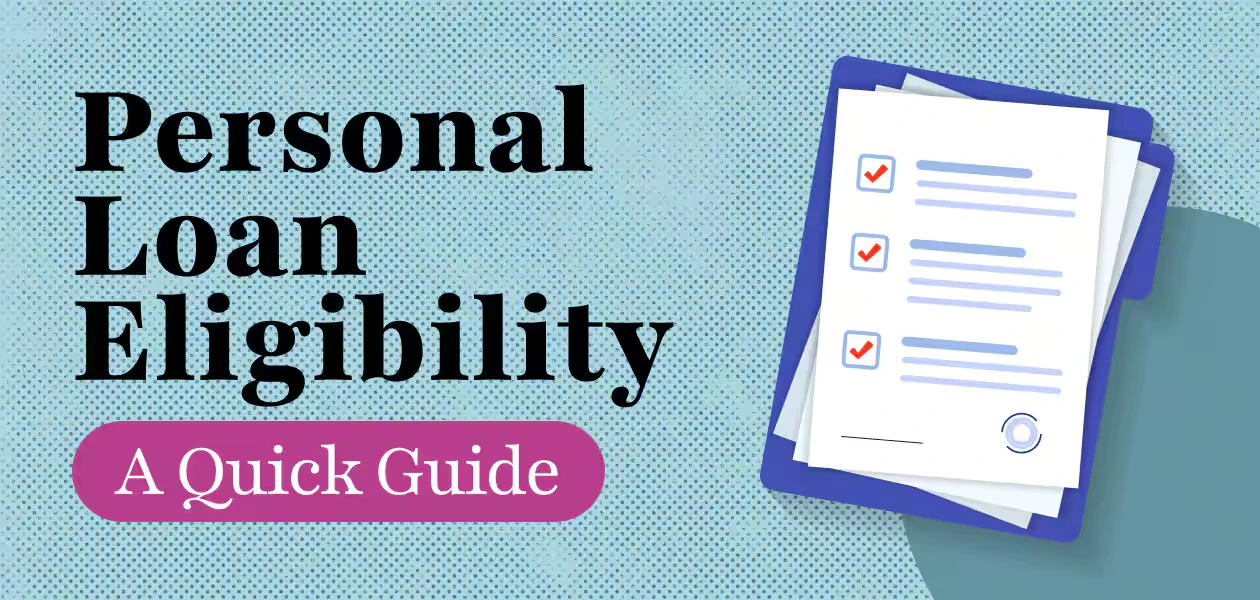Learn how to assess your personal loan eligibility, compare factors like income, credit score, and repayment capacity for approval.
Before applying for a personal loan, it’s crucial to understand the eligibility criteria to improve your chances of approval. Factors such as income, credit score, and existing debt play a key role. By assessing these aspects beforehand, you can avoid delays and rejections. Knowing your eligibility helps you make informed decisions about loan amounts and terms, ensuring a smoother application process. Assessing your personal loan eligibility gives you the confidence to proceed without unnecessary hurdles.
Understand the Basic Eligibility Criteria
Here are the key eligibility criteria most lenders consider when reviewing personal loan applications, helping you understand the factors that impact your approval chances:
-
Age: You typically need to be between 21 and 60 years old to apply for a personal loan, ensuring you can repay it before retirement.
-
Income: Lenders assess your income to determine your ability to repay the loan, and a higher income can increase your approval chances and loan amount.
-
Employment Status: Having a stable job or business for at least one to two years shows financial stability and reduces loan default risks.
-
Credit Score: A good credit score (usually 750 or higher) reflects responsible credit management, influencing loan approval and interest rates.
-
Existing Debts: Lenders review your other financial obligations to ensure you can manage new repayments without strain.
-
Residence Stability: Some lenders prefer applicants with stable living situations, indicating reliability and long-term financial planning.
-
Loan Term and Type: The loan amount and repayment terms should match your financial capacity to avoid over-borrowing.
-
Guarantor or Co-applicant: A guarantor or co-applicant may improve your approval chances, especially if your credit score is lower
Calculate Your Debt-to-Income (DTI) Ratio
Lenders use the Debt-to-Income (DTI) ratio to gauge your ability to repay a personal loan by comparing debt payments to income.
How to Calculate Your DTI:
-
Total all your monthly debt payments, such as loan instalments, credit card bills, and other regular financial commitments
-
Divide this total by your gross monthly income (before tax)
-
Multiply the result by 100 to calculate your DTI percentage


